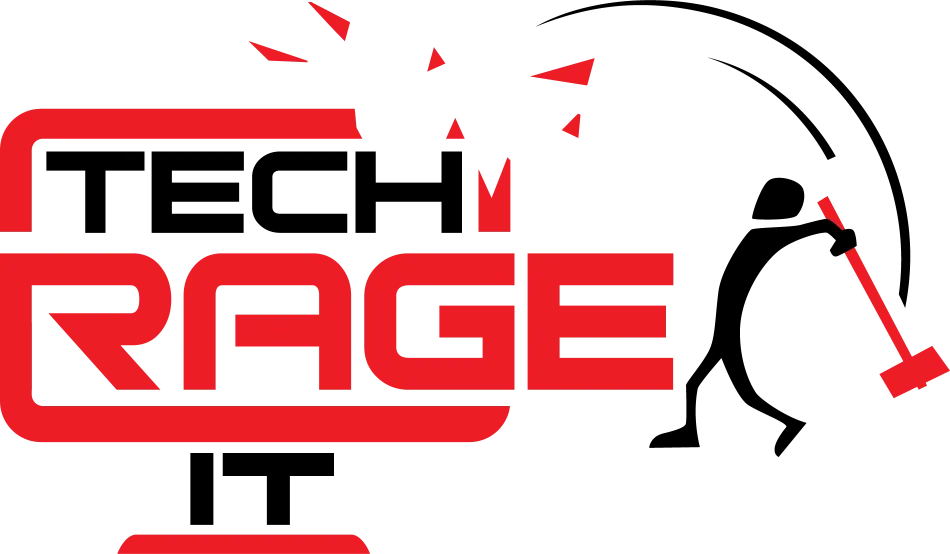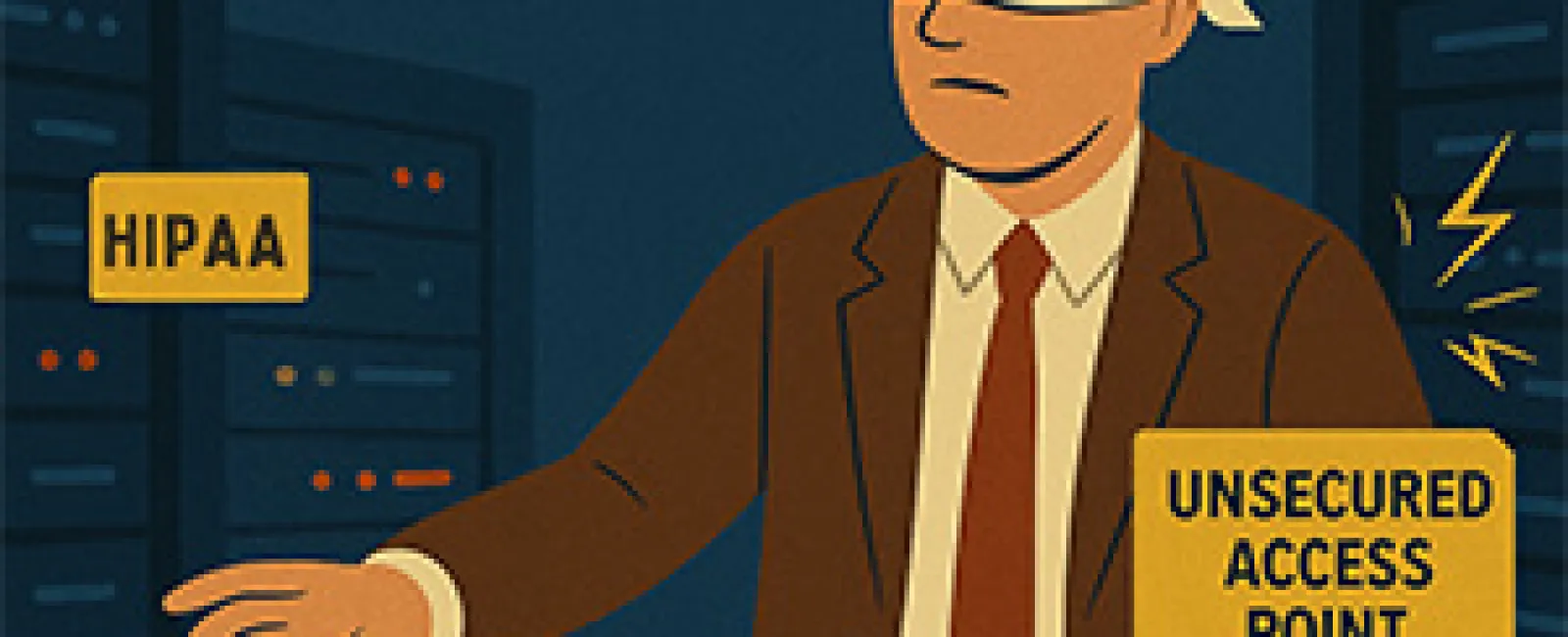July 14, 2025
A lot of small business owners think compliance is something only big corporations need to worry about.
Truth is, in 2025, that mindset could cost you—big.
Regulators aren't just watching the Fortune 500s anymore. Small businesses are in the spotlight too. And if you're handling sensitive data—health records, credit card info, financial details—you'd better believe someone's watching how you protect it.
Let's walk through what's changed, what's required, and why ignoring compliance could be the most expensive decision you make this year.
Why Compliance Can't Be Ignored Anymore
Agencies like HHS, the FTC, and PCI SSC are cracking down harder than ever. We're seeing more audits, bigger fines, and less patience for "we didn't know" excuses.
Noncompliance doesn't just mean fines—it means lawsuits, lost customers, and a reputation you can't repair with a coupon code.
3 Key Regulations That Hit Small Businesses Hard
1. HIPAA (Health Insurance Portability and Accountability Act)
If you handle any health-related info—like a physical therapy office, dental clinic, or even a wellness spa—you're under HIPAA.
That means:
- Encryption for electronic patient data
- Routine risk assessments
- Staff training on privacy
- A real plan if (or when) there's a breach
In 2024, a small healthcare provider got hit with a $1.5 million fine for not having these basics in place. That's not a typo.
2. PCI DSS (Payment Card Industry Data Security Standard)
Take credit card payments? Then you're in the PCI game.
Requirements include:
- Secure cardholder data storage
- Network monitoring
- Firewalls and encryption
- Tight access controls
Fines range from $5,000 to $100,000 per month depending on the mess. One bad quarter could wipe out your entire year's profit.
3. FTC Safeguards Rule
Collect financial info—like for a financing app, accounting service, or B2B vendor? Then this one's for you.
You need:
- A written security plan
- Someone in charge of compliance
- Risk assessments
- Multi-factor authentication (MFA)
Ignore it, and you're looking at fines up to $100,000 per violation—and yes, individuals can be held personally liable too.
Real Talk: What Happens When You Don't Comply
We saw it firsthand—a small medical practice got hit by ransomware because their security was outdated. The result?
- A $250,000 fine
- Weeks of downtime
- Patients left for competitors
- A scarred reputation they may never fully recover from
Compliance isn't just paperwork—it's protection.
How to Get Your Business in Line (Before Trouble Finds You)
Here's what smart businesses are doing:
✔️ Run regular risk assessments - Know where the holes are
✔️ Upgrade your defenses - Encryption, MFA, firewalls, the works
✔️ Train your team - Compliance is everyone's job
✔️ Have a response plan - Breaches happen; be ready
✔️ Work with pros who know the ropes - It's not just IT, it's legal protection
Don't Wait for a Fine to Take This Seriously
Compliance isn't just a box to check. It's how you protect your team, your clients, and the business you've worked so hard to build.
Click here to book your FREE Network Assessment
We'll help you spot the gaps and close them—before an auditor (or hacker) does it for you.


